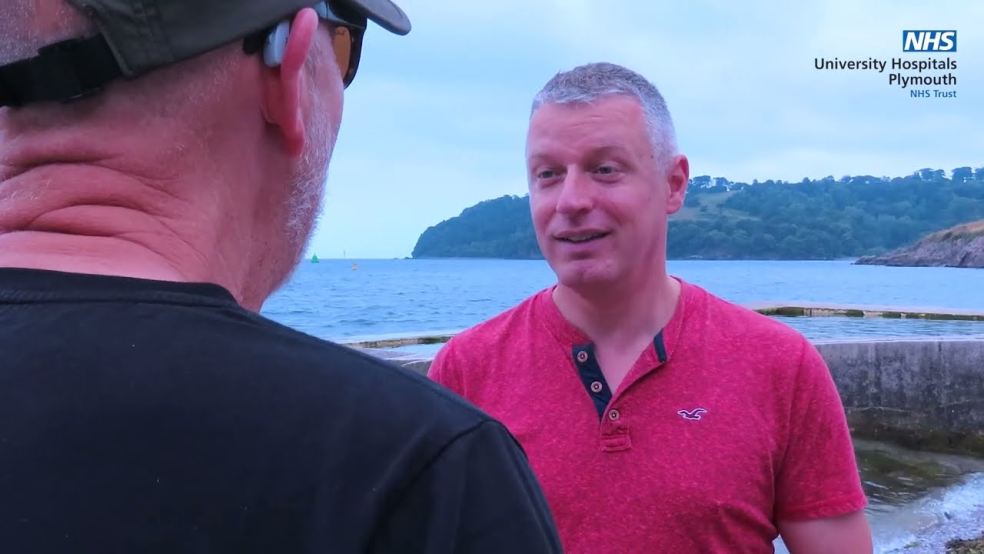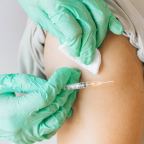
UHP teams up with Plymouth MP for skin cancer awareness campaign
With skin cancer in the Southwest region on the rise University Hospitals Plymouth NHS Trust (UHP) has teamed up with local MP Luke Pollard to talk about his skin cancer diagnosis and treatment, and to raise awareness about prevention and symptoms.
Skin cancer is one of the most common cancers in the world and it can come in several forms. These include basal cell carcinoma, squamous cell carcinoma and melanomas, all of which the Dermatology team at Rowan House are seeing more frequently.
Earlier this year local MP Luke Pollard was diagnosed with skin cancer and underwent surgery at Rowan House in Derriford hospital to have it removed.
Since his diagnosis, Luke has teamed up with UHP to spread awareness and help people recognise the signs and symptoms of skin cancer as well as to encourage the public to take measures to help prevent developing skin cancer. “Getting a cancer diagnosis is scary. I'm indebted to the NHS for diagnosing and treating my skin cancer.
"The earlier you get any lumps and bumps checked out the better. So if you're concerned, please see your GP. And remember, the best thing we can all do to prevent skin cancer is to wear sunscreen all year round, not just at the height of summer.”
Reflecting on his treatment, Luke said: “I hope due to this treatment, I’ll be able to keep causing trouble in my job for many years to come.”
Darren Wallis, Skin Cancer Specialist Nurse at UHP said: “The main causes of skin cancer we are currently seeing are related to sun exposure and sun damaged skin. We are also seeing an increase in young people being referred to us due to sun exposure and sunbed use.”
The best ways to look after your skin and to prevent skin cancer is to wear factor 50 sunscreen with UVA and UVB protection, and apply it every 2 hours. It is also advisable to stay out of the sun during the peak times of 11am to 3pm, wear loose fitting clothes that cover your skin, wear a floppy hat to protect your head, face and ears, and to keep yourself hydrated throughout the day by drinking plenty of water.
In the UK, around 147,000 new cases of non-melanoma skin cancer are diagnosed each year. It affects more men than women and is more common in the elderly. For more information about skin cancer and how to spot signs and symptoms, you can visit the skin cancer page on the NHS website.
If you are worried about a lump or a bump on your skin, or a mole that has changed in shape, size or colour, please see your GP who will be able to check it out for you and refer you on for further treatment if needed.












